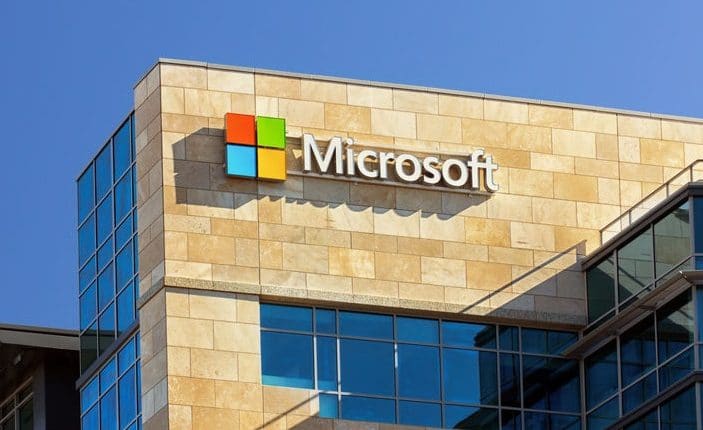Microsoft has announced massive investments plans to create AI data centres, plans that range to the tune of $80Bn in fiscal 2025 to construct data centers that are capable of supporting AI workloads. This planned investment represents one of the largest single-year investments in Microsoft’s history.
“In FY 2025, Microsoft is on track to invest approximately $80 billion to build out AI-enabled datacenters to train AI models and deploy AI and cloud-based applications around the world. More than half of this total investment will be in the United States, reflecting our commitment to this country and our confidence in the American economy,” Brad Smith, Vice Chair and President of Microsoft, announced in a blog post.
Microsoft’s decision to heavily invest in AI infrastructure stems from the technology’s ever-increasing computational requirements. AI models (especially generative AI like those used in tools such as ChatGPT) require immense amounts of computational resources to train and run effectively. It demands specialized hardware, such as Nvidia graphics processing units (GPUs), and extensive data center networks capable of linking thousands of chips into clusters. These clusters form the backbone of generative AI systems, which have seen explosive growth since the launch of OpenAI’s ChatGPT in late 2022. Now, the new data centers (with high-performance GPUs) will provide the infrastructure needed to scale these AI systems, which will in turn add to the growth of the rapidly-expanding AI landscape – its market size as of November 2024 amounted to $638.23 Billion.
Microsoft, alongside Google, Apple, and other companies, is one of the dominant names in this sector, and the Redmond-headquartered tech behemoth has been one of the biggest backers of OpenAI. Microsoft has invested over $13 billion in OpenAI across various rounds, and currently provides the startup with cloud infrastructure while integrating its AI models into products like Windows and Teams. Beyond OpenAI, Microsoft collaborates with emerging firms such as Anthropic (which rolled out Claude, a family of LLMs) and xAI (which has its own AI chatbot in Grok) as well.
The more obvious impacts of the data centers are obvious – their creation will set up more jobs in construction, steel manufacturing, and advanced cooling technologies, and will require skilled electricians and pipefitters, according to Smith. Microsoft will train 2.5 million Americans in AI skills during the fiscal year as well.
“If used well, AI will help lower the barriers to entry for many professions, replace rote tasks, and create a foundation for human creativity that builds on AI tools. AI will create new economic opportunities, allowing entrepreneurs to start new businesses and create new jobs. Along the way, AI can boost productivity in every sector of the economy, adding to the country’s opportunity for economic growth,” Smith wrote in the blog post. “AI is already becoming a tool to enable small business owners with fewer staff to compete in new ways with larger companies. And it offers the best opportunity so far this century to help high school grads and others with less post-secondary education to reverse the growing economic inequality that has gripped the nation since the early 1990s.”
The Tech Portal is published by Blue Box Media Private Limited. Our investors have no influence over our reporting. Read our full Ownership and Funding Disclosure →






